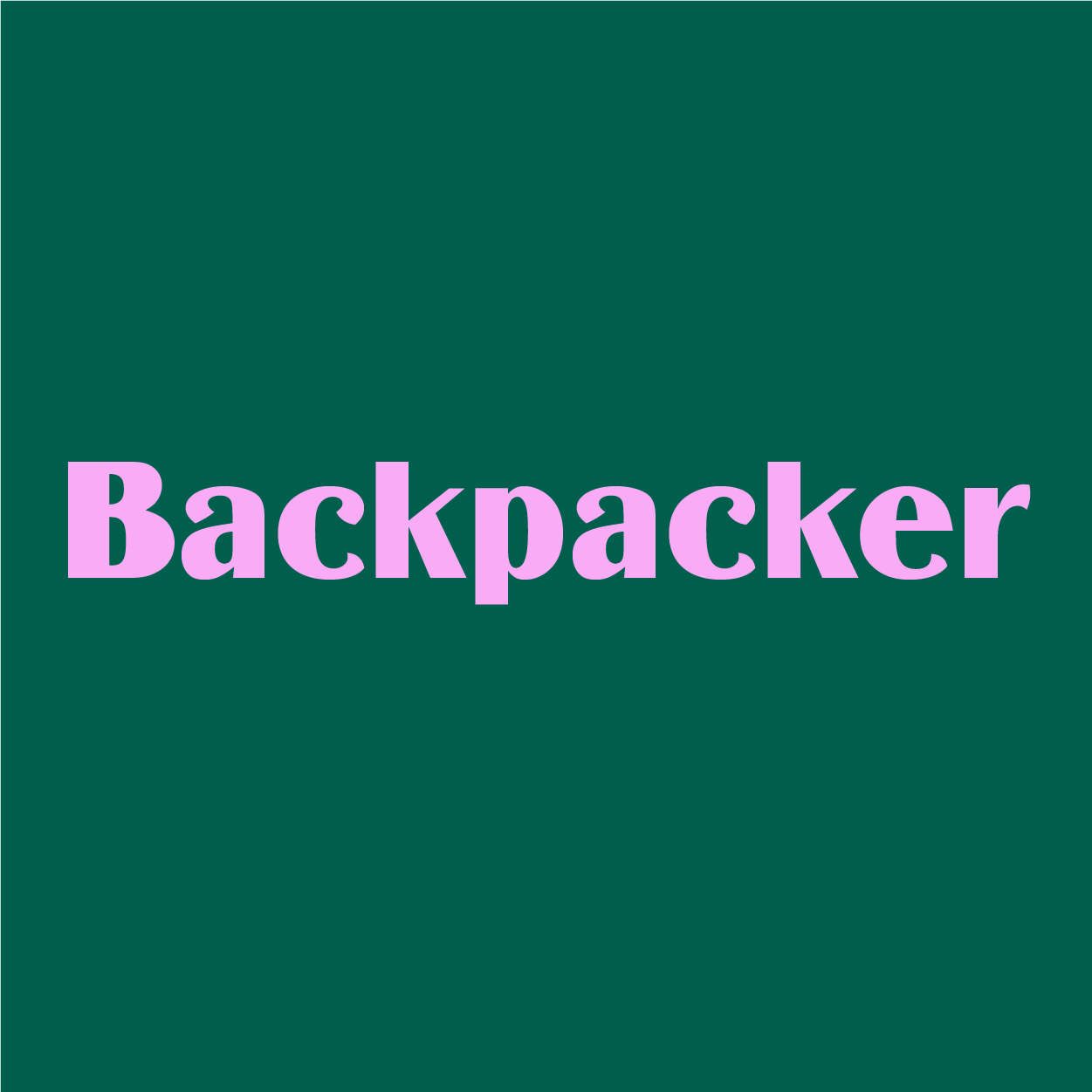You Might Not Think to Tip This Person When Visiting Costa Rica (But You Should)
Depending on where you’re from, tipping customs vary. (HAHA, BIGGEST UNDERSTATEMENT EVER, AM I RIGHT?)
Here in Costa Rica, however, it’s customary to tip the usual suspects: the server at the restaurant, the cleaning staff at the hotel, the guy driving the bus who took you out into the rainforest to zipline.
But there’s also one person who’s less expected…and to whom it’s customary to offer a tip. This person will not be found in any fancy establishment, nor will they be found poolside, offering you cocktails with tiny little umbrellas. (Though you should probably tip them, too.)
Rather, this person will be outdoors. And they might not speak much English. And they may even be barefoot. (This is Costa Rica, after all.)
Who is this mystery person you should tip?
Well, there’s no formal title for them, but you’ll know them when you see them. :) They’ll be approaching you when you park your rental car pretty much anywhere—but don’t be startled! They’re simply doing what they’ve been doing for decades and decades and decades here in Costa Rica:
They’re keeping an eye on your car in exchange for a small, customary gratuity.
I know what you’re thinking: Is this a formal job?! Will this person be in uniform?! Is this legit?! What if I don’t want them to “keep an eye on my car?” And the answer to that is: (a) It’s an informal job steeped in Costa Rican tradition; (b) They won’t be in uniform—they’re everyday citizens; (c) It is (usually) legit and 100% normal; (d) You don’t have to offer a tip, but I’d reconsider that position.
Typically, you’ll go to park your car somewhere and there will be someone that will come along to help guide you into your spot—AKA in between some palm trees, perhaps. That’s the person we’re talking about, and you can offer a small gratuity upfront or afterward. The good news is, the customary tip is just a couple of coins—usually 500 colones to a thousand colones—so I like to do it both when I park, and then afterward since it’s a small gesture, but helps me feel respectful (and, let’s be honest, have some peace of mind about my car). But it’s okay if you just offer it afterward, too—so when getting out of the car, you can simply tell the person, “Te doy la plata cuando me voy.”
THAT SAID—big caveat here—in some touristy places, self-appointed overseers may automatically attempt to charge you a few thousand colones upfront to park in public places, like the beach (and insist that it’s the rule): the ethics of that is clearly debatable, but even my Costa Rican husband pays up—he says he doesn’t want to risk the car getting broken into or scratched, should he resist. I would say that you should just pay the fee and then get on with your beautiful life at the beach without thinking too much about it. However, it also goes without saying that you absolutely shouldn’t go straight from the airport with all of your belongings to the beach and leave your car. You shouldn’t do that anywhere in the world, and here is no exception. I’ve been fortunate to never have this happen to me in everyday life, but cars do get broken into from time to time so take the bare minimum and don’t leave anything visible inside the car if you can help it.
My best tip: change some Costa Rican bills into coins and leave them inside the center console for easy access for this sort of thing. Even when you’re parking at established restaurants with official parking lots, oftentimes restaurants will even have an overseer in the parking lot, helping people park and pull out into the road—so you should definitely tip that person when leaving. Coins are also helpful when driving through Costa Rican tolls, for buying things at random neighborhood pulperías—what they call tiny little convenience stores, sometimes operating right out of the window of someone’s home—and for tipping the guy on the beach who says he’ll run to the grocery store and get you a cold beer. Yes, this happens, and yes it is wonderful, and yes, coins are your best friend—especially since they can’t get ruined when you run into the ocean with them in your shorts pocket, thrilled to be here, the wind in your hair, and not a care in the world at your feet.






















